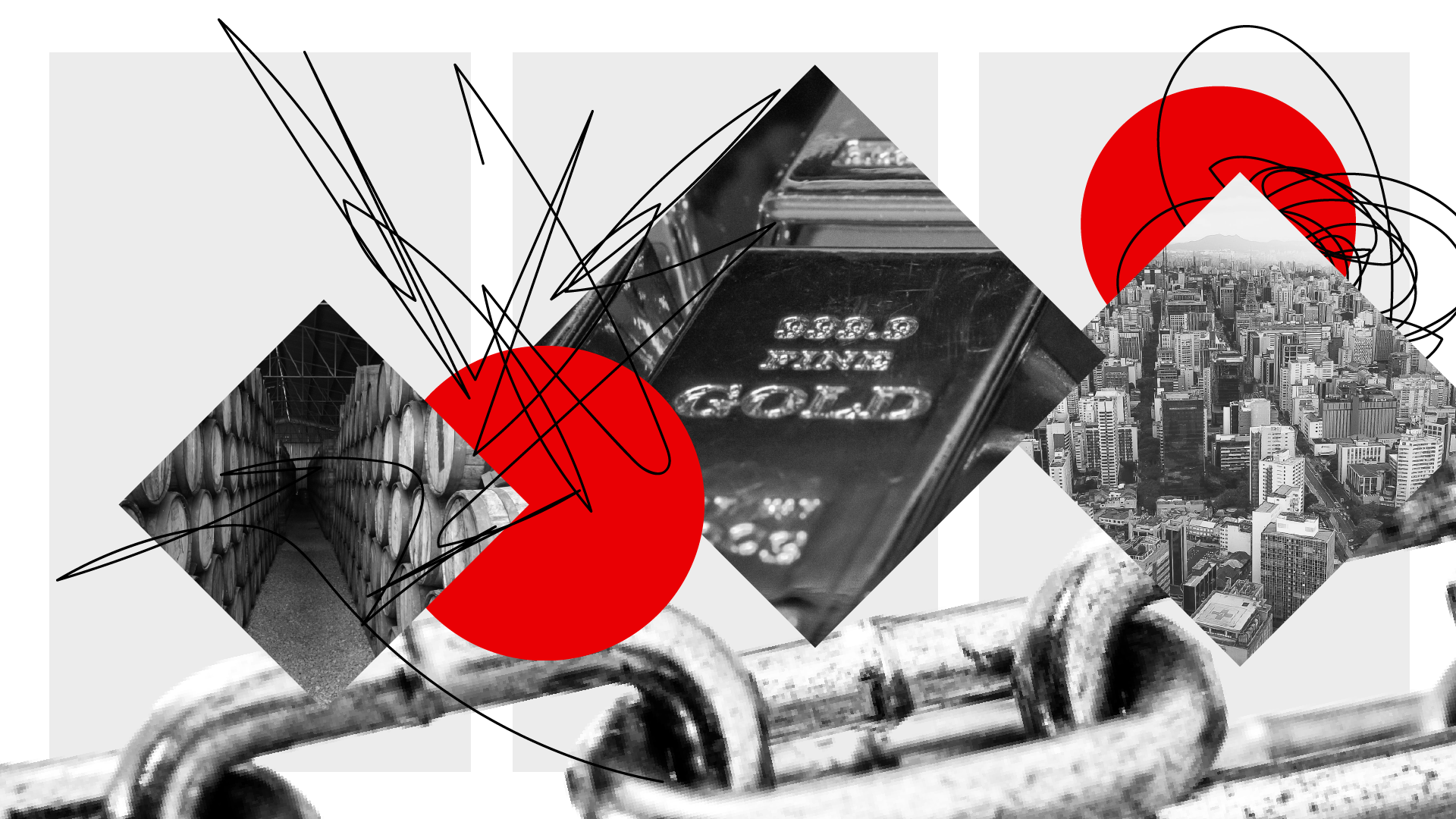
Tokenisation is the practice of creating digital shares of assets like buildings, wine, companies and art. The practice uses blockchain technology to create a decentralised record of ownership.
Tokenisation lends itself well to so-called alternative assets. A simple way to define alternative assets is by exclusion: alternative assets are investments that are not publicly-traded shares, bonds or cash. In practice, this means alternative assets include investments in real estate, intellectual property, precious metals and private equity (including venture capital).
Historically these sorts of investments have not been accessible to most individuals due to high capital requirements. They also tend to be illiquid (hard to trade because there are very few buyers or sellers).
Tokenisation allows fractional ownership of assets, lowering the barrier to entry in terms of the amount of money required to make alternative investments. There are still several barriers to widespread adoption of the practice such as regulation and access to marketplaces (Cointelegraph).
While tokenisation will have a profound impact on the asset management industry, perhaps more interesting is its likely impact on how businesses are funded and its potential to make access to assets more egalitarian for individuals.
Here are a few reasons why tokenisation is attracting attention at the moment and some of its potential impacts.
💥 Causes
- Acceptance/adoption of blockchain technology – large institutional interest and investment in Bitcoin from the likes of Tesla and Square signal that the technology is gaining acceptance (Telegraph).
- Cryptocurrency owners seeking diversification – successful Bitcoin investors (speculators?) are looking to lock in gains by diversifying into more stable/other assets. Consider the recent record purchase of a digital artwork for $6.6m via a non-fungible token (NFT) (Decrypt).
- Growth of alternative assets – alternatives could be as much as 18-24% of the global asset market by 2025 (CAIA). As demand for alternative assets grows, the viability and desirability of tokenisation will also grow.
- The wide range of benefits tokenisation offers investors – such as access, transparency and liquidity (Liquefy, pdf).
🎯 Impact
- Individuals will access finance and create wealth in new ways – the pandemic has shown how owning assets is an important way to store and build wealth. Farmers in Argentina may soon be able to hedge against inflation and transact with other farmers using agricultural asset-backed tokens (Forbes).
- Alternative means of financing businesses – private businesses may be able to stay private longer while accessing capital under favourable terms and providing liquidity to early employees.
💪 Actions
- Individuals: may soon be able to invest in a far greater range of assets. However, these may carry significant risk given the technical and regulatory challenges to the widespread adoption of tokenised assets.
- Businesses: should stay alert to the future use of tokenisation as an alternative way to finance projects and provide liquidity and transparency for shareholders. A recent OECD report highlights that debt and equity funding for SMEs and startups could be an initial focus for tokenisation (OECD).
📚 Resources
- Liquefy, BNP Paribas, CAIA: Tokenisation of Alternative Assets (2021)
- OECD: The Tokenisation of Assets and Potential Implications for Financial Markets (2020)